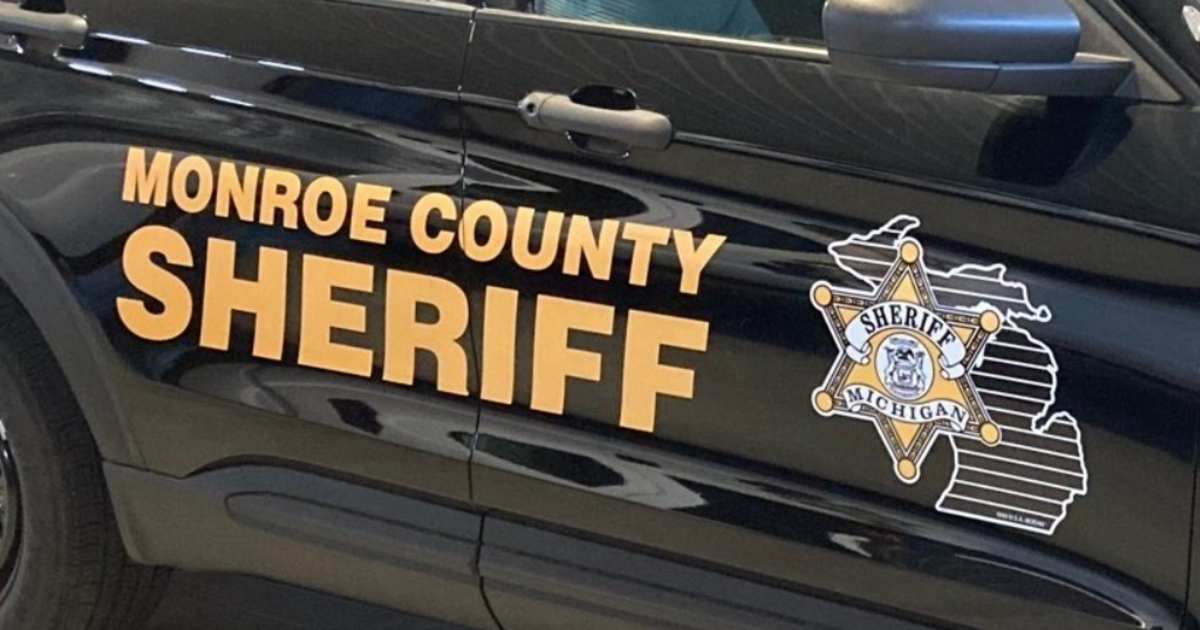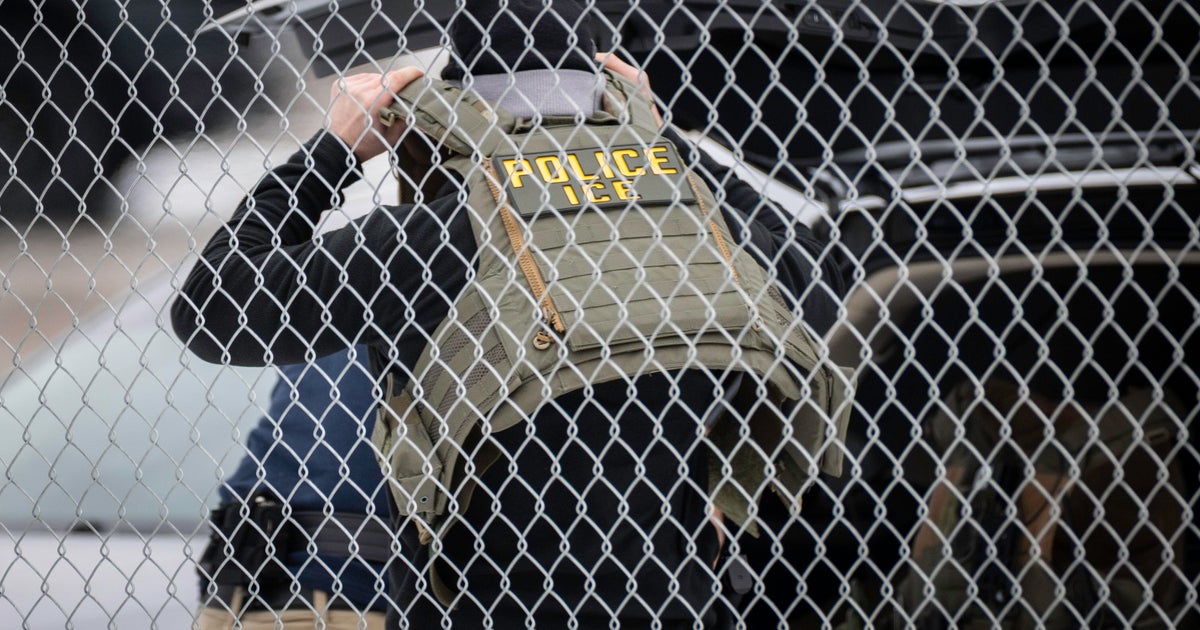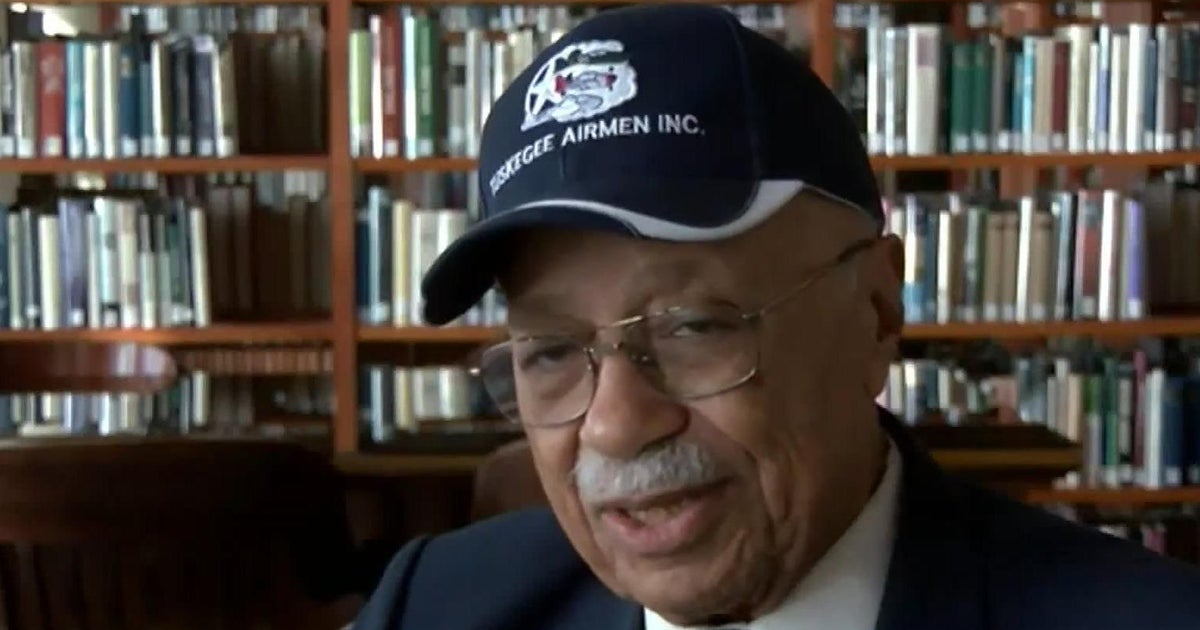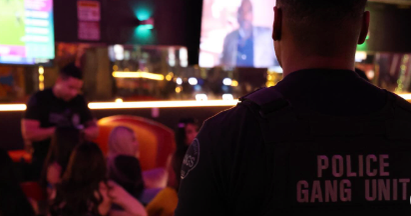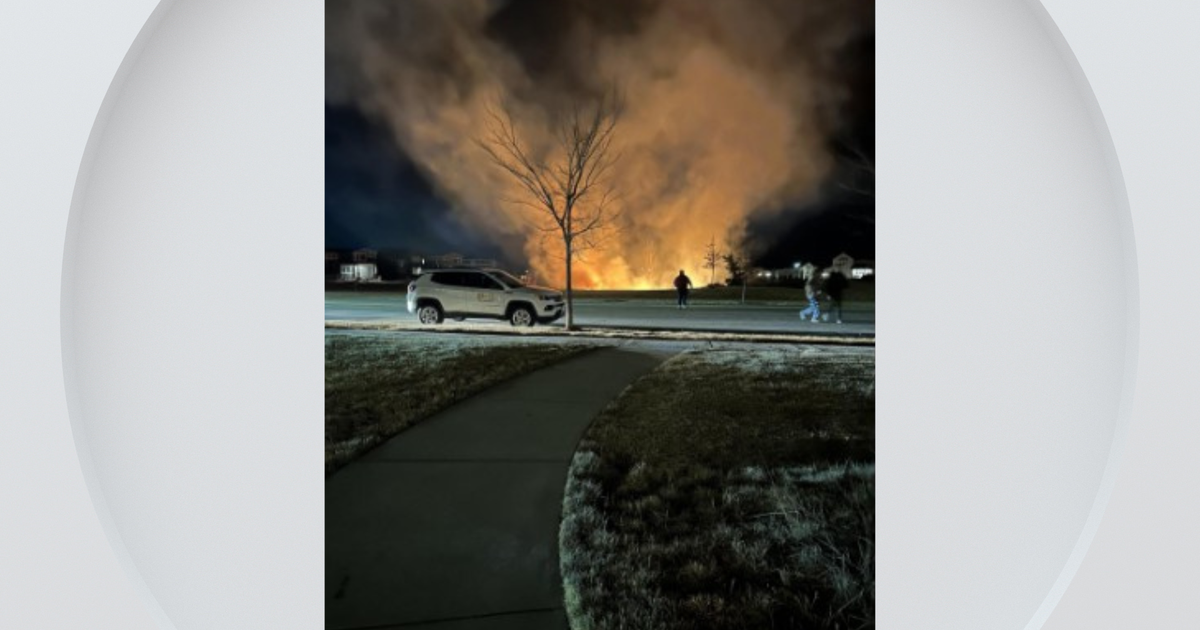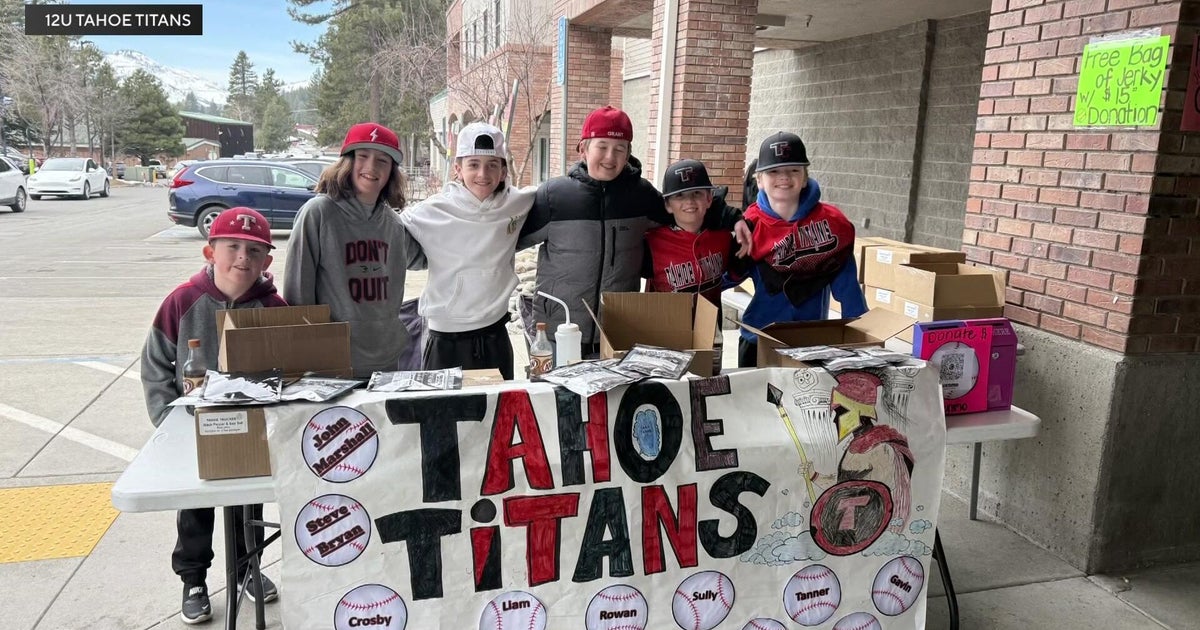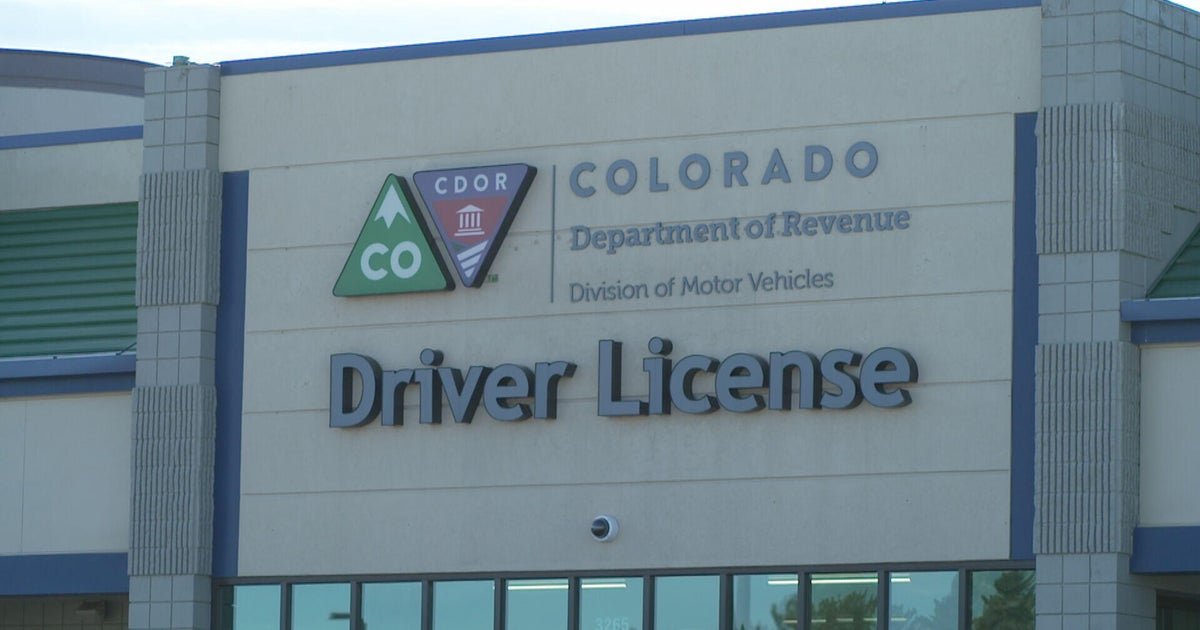Scammers Set Elaborate Ruse Using PayPal Emails
NORTHGLENN, Colo. (CBS4) - A Northglenn man thought he was selling his boat, but instead he was getting scammed and it was tough to tell because of the emails he was getting.
Harry Riddle wanted to sell his boat -- a 20 foot Hawaiian jet boat -- so he put an ad on Craigslist. Soon he heard from a man interested in buying the boat and asking to make the transaction through PayPal.
"We need to go through PayPal. If you don't have a PayPal account, you need to open a PayPal account," Riddle recounted what he was told.
Before Riddle even got his account fully set up, he started getting emails that looked official, complete with the PayPal logo. The emails confirmed that there was money in his account. First the sale price of the boat, $5,500.
"I started getting correspondents from him on PayPal paper, so I figured it was pretty well legitimate," Riddle explained.
Then the buyer asked Riddle to pay a $950 shipping fee. He wired the money, and got a confirmation email that the same amount was in his PayPal account.
"Well a few hours later I get another email stating, 'Okay, we need another $1,000 for insurance fee. Please send that.' And that went on the same way," Riddle explained.
Riddle wired the money, and again confirmation came with a PayPal logo that Riddle's balance increased. A closer look at the emails that Riddle was getting shows some red flags. Consumer Investigator Jodi Brooks showed the emails to Cary Johnson, fraud investigator for the Jefferson County District Attorney's Office. He found that they didn't come from PayPal.com, there were added elements to the email address. He also noticed that from the first email to later emails, there was a new sender with a Gmail account, not anything associated with PayPal.
"It's very elaborate. For them to actually ask him to set up a PayPal account, I've never seen that before," Johnson told CBS4.
Riddle was starting to get suspicious, but he was ready to wire more money. Western Union stopped the transaction and returned Riddle's payment.
"I think this is pretty elaborate, so anybody that's doing any kind of dealings like that needs to really be on the lookout," Riddle said.
The confirmation emails, which proved to be fakes, showed Riddle's balance as $8,750. The real PayPal emails showed his balance as $00.00. In the end Riddle, lost $3,100 of his own money, and he wants to make sure this doesn't happen to someone else.
CBS4 contacted PayPal and they were aware of what happened to Riddle. PayPal is trying to protect its customers in every way it can. There is even a page on the Web site called "Learn If It's Legitimate." You can forward an email that looks like it's from PayPal to them and they will tell you if it's real or not.
LINK: PayPal Learn If It's Legitimate Web Page
The bottom line here is that if you are selling something, you never should have to pay for anything.
RELATED: More Reports By 4 On Your Side Consumer Investigator Jodi Brooks
- Written for the Web by CBS4 Special Projects Producer Libby Smith

